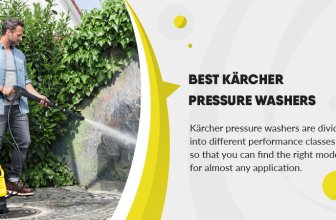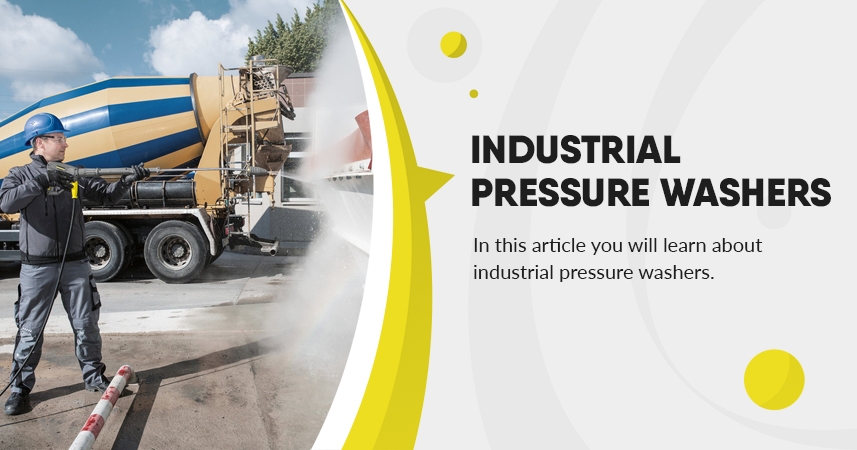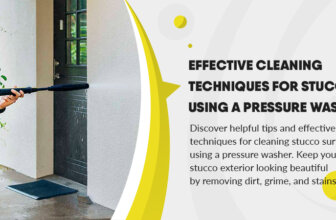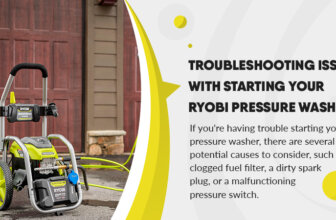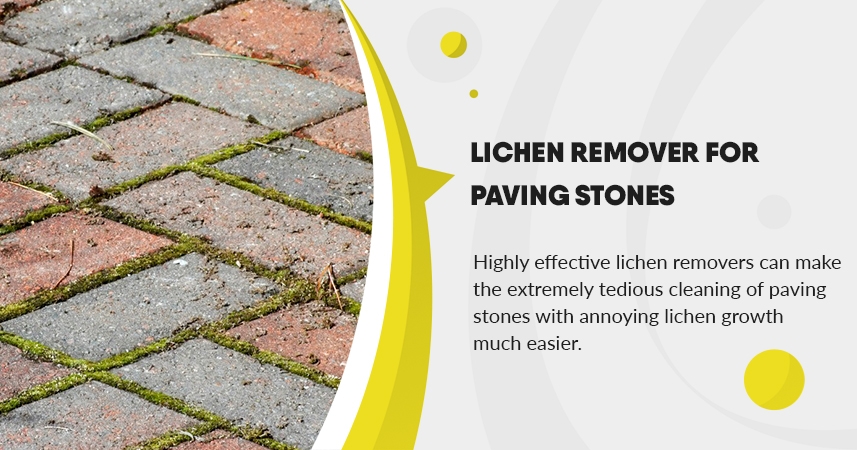
Lichens prefer to settle on the rough surfaces of concrete paving stones and can be perceived as a visual impairment. Although they are absolutely harmless, they are usually removed regularly for aesthetic reasons. Various methods can be used for this purpose.
What do you have to look for when choosing a lichen remover?
In the meantime, a whole range of special lichen removers is available in the corresponding specialised trade. When choosing a suitable agent, pay particular attention to its compatibility with the respective plaster material and also to its ecological compatibility. This way you can ensure that, on the one hand, patio paving stones made of basalt or shell limestone, for example, are not damaged by the application. On the other hand, biodegradable lichen removers are to be preferred, as in this way no toxic pollutants get into the soil of your garden.
How do you go about using a lichen remover?
Most lichen removers are mixed with water according to the instructions and then applied to dry surfaces without being washed off. In this way, they can gradually develop their effect and are only washed away by the rain after a longer period of time. Choose days that are as dry as possible for this work so that the lichen remover can penetrate well into the surface of the paving stones. With some products, however, you can remove the lichens with a scrubbing brush and water after a few hours.
Also of interest: Best Pressure Washers for Block Paving
Which accessories are useful for the application?
The answer to this question depends to some extent on the area to be treated. If only a few square metres are to be freed from lichen, the lichen remover, diluted with water according to the instructions, can be spread with a watering can if necessary. For larger areas, however, it is worth buying a pressure sprayer and wearing suitable protective clothing is obligatory in any case. The latter should at least consist of protective goggles, long trousers and a long-sleeved top.
Can lichens also be controlled without lichen remover?
Many people hesitate at first and do not want to resort to professional means such as an effective lichen remover. Depending on the intensity of the lichen infestation, the following home remedies can be quite helpful in removing lichen and verdigris:
- Wire brushes and wire brooms
- Vinegar essence, fruit and wine vinegar
- Baking soda dissolved in boiling water
- Weed burner
- Pressure cleaner
Unfortunately, wire brushes and the high-pressure cleaner provide an additional roughened surface for the concrete paving stones. This makes it easier for lichens, which can colonise the paving stones via airborne spores, to re-colonise.
Also of interest: Roof Moss Removal Techniques
What exactly are lichens?
Lichens are an unusual symbiosis of certain types of algae and fungi. You can distinguish them from pure algae growth and other discolourations on paving stones by the fact that lichens usually form rather bright or white spots in an almost circular shape. On concrete paving stones, this can sometimes look as if a huge amount of chewing gum has been trampled on them. In itself, lichens are an indicator of particularly clean air, which is why they are more common in the countryside.
Can paving stones be sealed after cleaning?
Unfortunately, the beauty of a paving surface that has just been freshly cleaned of lichen often does not last very long. However, the ideal time to seal the cleaned paving stones would be directly after the removal of the lichen coating. Both types of work are also offered as a combination by specialist companies, but of course they come at a price. On the other hand, a well-done paving sealant can ensure that you have more or less peace and quiet from lichen and other paving discolouration for about two to four years.








